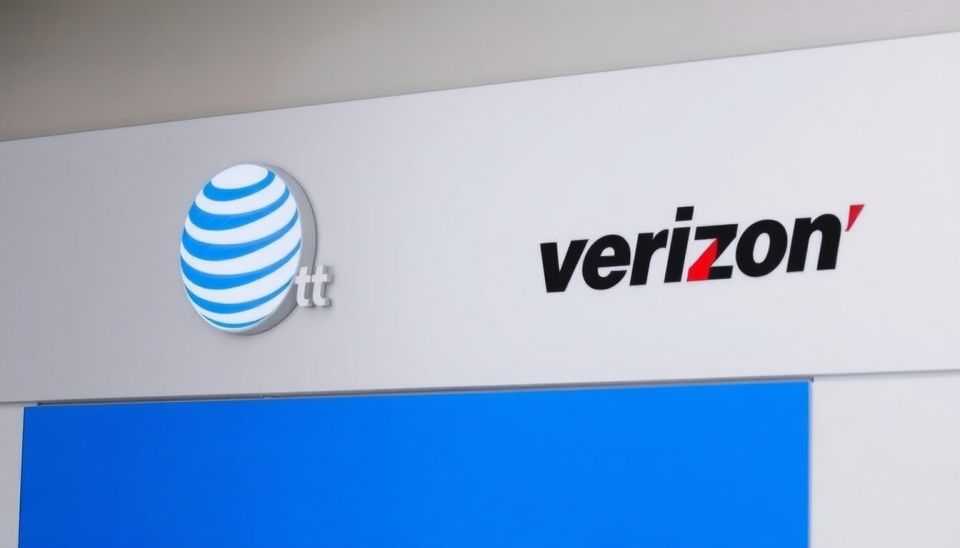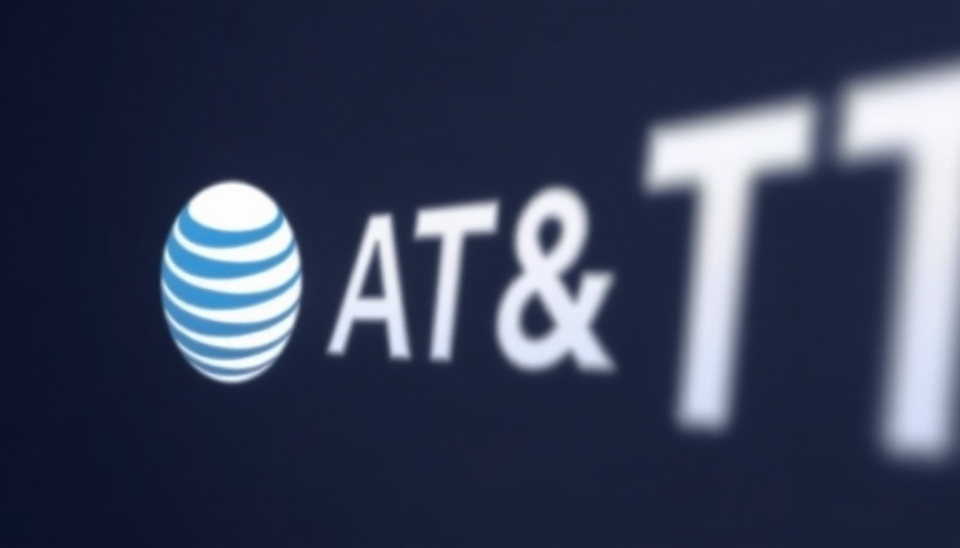
In a move that is expected to raise the cost of mobile services for millions of customers, major telecommunications providers AT&T and Verizon have announced that they will pass on the recently imposed tariffs on cell phone equipment to their subscribers. This decision comes in the wake of governmental tariff policies affecting imports of mobile devices, which have already started impacting prices across the board.
The implications of this shift could be significant as both companies prepare to adjust their pricing structures in anticipation of upcoming financial pressures. AT&T and Verizon, which combined hold a substantial portion of the U.S. wireless market, have indicated that such increases are necessary to maintain profitability amid rising operational costs tied to external factors including tariffs and supply chain constraints.
Industry analysts suggest that this increase in pricing is inevitable, given the current economic climate and the ongoing challenges posed by global trade tensions. Consumers can expect to see these changes reflected in their bills over the next several months as carriers modify their service plans and device pricing strategies to accommodate for the additional costs incurred from tariffs on imported devices.
Both companies have emphasized that the increase will not only affect new device purchases but may also lead to higher financing charges for customers. This could mean that individuals looking to upgrade their phones or acquire new devices might find themselves facing steeper costs than previously anticipated. While exact figures have not yet been disclosed, early estimates suggest that average costs could see an uptick ranging from $5 to $10 per month, depending on the service plan.
This pricing shift poses a crucial consideration for consumers who are already navigating a landscape of rising inflation and economic uncertainty. Many customers may find themselves reevaluating their current plans or exploring alternative service providers to mitigate these costs. Moreover, the competitive market dynamics may cause similar reactions from other telecom providers, potentially leading to a broader trend of rising prices across the industry.
AT&T and Verizon's decision to transfer these costs to consumers signals a pivotal moment in the telecommunications sector, where external factors like tariffs can directly impact pricing structures. As such developments continue to unfold, customers are encouraged to stay informed about their billing options and any forthcoming announcements from their service providers.
In conclusion, this regulatory change highlights the interconnected nature of global trade and local consumer pricing, as well as the ongoing challenges tech companies face in managing costs in an evolving economic landscape. The potential rise in mobile service costs serves as a critical reminder of the cascading effects of governmental policies on everyday expenditures.
As the situation continues to develop, consumers are urged to keep a close eye on changes from their carriers while considering future financial implications in a landscape that is becoming increasingly complex.
### Hashtags:
#ATT #Verizon #MobileTariffs #TelecomPricing #ConsumerNews #EconomicImpact
Author: Emily Collins




